As the US presidential election unfolds, automotive manufacturers are bracing for major policy shifts affecting production, tariffs, and the electric vehicle landscape. With opposing stances on trade and green policies, candidates Kamala Harris and Donald Trump could alter the course of the automotive sector across the US, Europe, and Mexico.
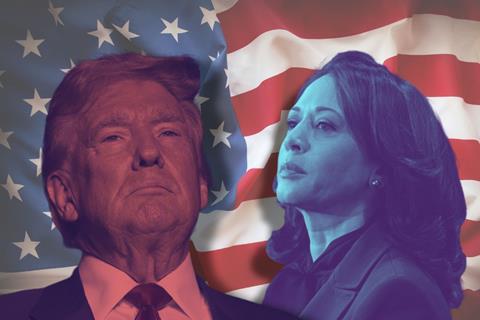
The US election and divergent trade policies’ impact on automotive production
The US elections are underway, and all eyes are on the outcome. For automotive manufacturers, Donald Trump’s potential return to the White House could bring a substantial shift in the way the US engages with its trade partners, with tariffs as a central mechanism. He has proposed a universal 10% tariff on all imports, with a steeper 60% tariff on Chinese goods.
Trump’s approach aims to reduce dependency on foreign manufacturers and keep jobs within US borders, though it risks escalating trade tensions and provoking retaliatory tariffs from partners, including the European Union (EU).
For European automakers, this is more than a matter of trade costs. A rise in tariffs could place German, French, and other European automotive manufacturers at a marked disadvantage in the US market, potentially diminishing their competitive edge.
The Society of Motor Manufacturers and Traders (SMMT) has previously also highlighted the importance of ‘free trade’ for the UK automotive sector, noting that “the sector accounts for 12% of total UK exports of goods.” Such barriers may force automotive manufacturers to raise vehicle prices to offset additional costs, which could curb demand in the US; the world’s second-largest automotive market.
“The global automotive trend is towards protectionism, rather than free-trade, to capture and retain the enormous value of new segments, particularly around EVs and the emerging battery supply chain”
- Daniel Harrison, Automotive Analyst, Ultima Media
Where Trump is focused on tariffs, Kamala Harris favours a more cooperative approach to trade, supporting the established international norms that govern the automotive sector. She has expressed support for existing trade agreements, aiming to strengthen relationships with allies while adhering to the status quo in terms of trade.
Under a Harris presidency, it is surmised that European automakers, for example, could find stability in their trade arrangements, avoiding the periodic disruptions that can result from abrupt policy changes. By fostering an environment of predictable trade, Harris’s policies could, if the predictions are correct, enable both US and European manufacturers to plan and invest without the looming threat of punitive tariffs.
However, tempering the position, Daniel Harrison, Automotive Analyst, Ultima Media, says, “the global automotive trend is towards protectionism, rather than free-trade, to capture and retain the enormous value of new segments, particularly around EVs and the emerging battery supply chain.”
Electric vehicle policies and the green transition
The EV landscape is another area where the candidates differ. Kamala Harris advocates for significant federal funding to drive EV adoption, a core component of the current administration’s climate agenda. Her policies, as they currently stand, aim to bolster infrastructure and increase tax credits for EV purchases, ensuring that the shift towards cleaner energy remains economically accessible to the public. This would not only support US automakers like Tesla, General Motors, and Ford but would also provide favourable conditions for European manufacturers entering the US market with their own EV offerings.
Conversely, Trump has criticised current EV incentives, focusing more on traditional vehicles, and has proposed to rescind unspent funds from the Inflation Reduction Act, a move that could impact both regional EV production, and naturally, manufacturing jobs linked to EV production.
This stance may hinder the growth of the EV market in the US, affecting both domestic and European manufacturers investing in EV technologies.
Harrison adds, ”The impact could be even more far-reaching since the Inflation Reduction Act policy is not just about Electric Vehicles, but also charging infrastructure, purchase incentives and EV manufacturing subsidies.”
Europe, Mexico and beyond: a potential seismic shift for automotive production
European automakers with significant investments in the US, such as BMW and Mercedes-Benz, could be particularly affected by these policy shifts. Under a Trump administration, increased tariffs and a potential rollback of EV incentives might compel these companies to reassess their production and investment strategies in the US. In contrast, a Harris presidency could offer a more favourable environment, promoting EV adoption and maintaining stable trade relations.
Across the US border, the US election - and the anticipation of its outcome - has already begun impacting automotive production potentials in Mexico.
Earlier this year, Tesla’s plans for a new gigafactory in Monterrey, Mexico, were paused until after the US election due to potential tariffs from a Trump re-election. Originally slated to open by early 2025, the project now faces uncertainty, impacting Tesla suppliers who have postponed their own investments. Despite $135 million in incentives from Mexico, CEO Elon Musk deemed investment impractical amid tariff risks.
A key concern is the 100% tariff on Chinese EV imports imposed by the US
Following suit, China’s leading electric vehicle manufacturer, BYD, also announced that it has currently paused plans for its own new production facility in Mexico, as it awaits the outcome of the election. The decision mirrors Tesla’s approach, reflecting both companies’ caution amidst rising US-China trade tensions.
A key concern is the 100% tariff on Chinese EV imports imposed by the US, which complicates BYD’s ambitions in the American market. In contrast, Europe is being slated as a more favourable expansion region despite recent tariff shifts.
While primarily targeting domestic consumers, BYD sees strategic potential in the United States-Mexico-Canada Agreement (USMCA) for future trade advantages.
Mexico’s automotive industry, deeply intertwined with US manufacturing, faces significant uncertainties amid the election. Trump has proposed imposing a 100% tariff on cars made in Mexico, aiming to force automakers to build cars in the US.
Clearly, the outcome of the US presidential election holds substantial implications for automotive production in the US, Europe, and Mexico. Automotive manufacturers and other stakeholders are closely monitoring the potentially explosive elections, which are taking place today (remember, remember the 5th of November) to navigate the potential challenges and opportunities that lie ahead.
The results could have lasting implications for automotive manufacturing across the globe.




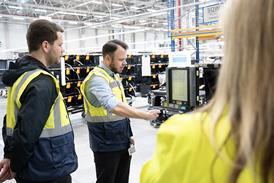






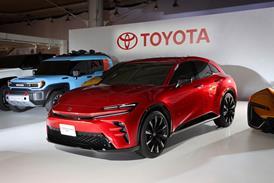


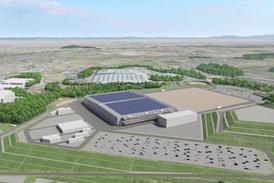
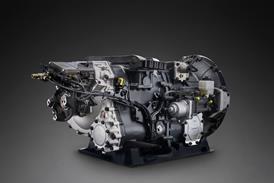
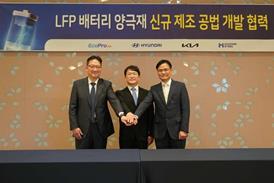




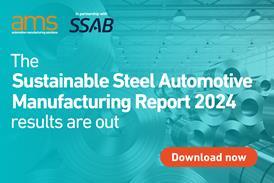







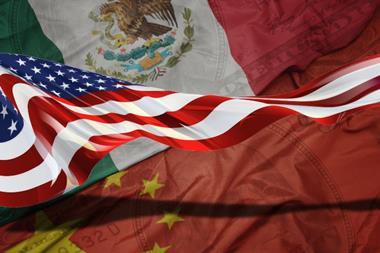

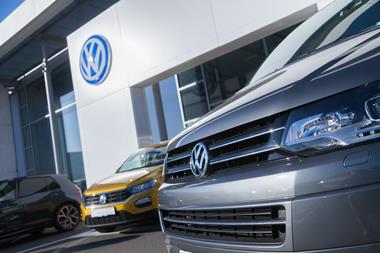
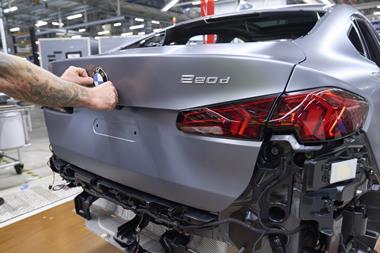

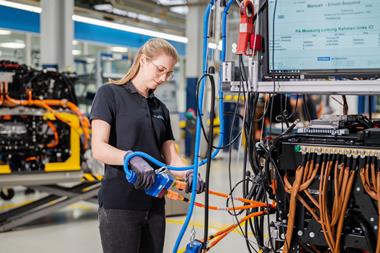



No comments yet